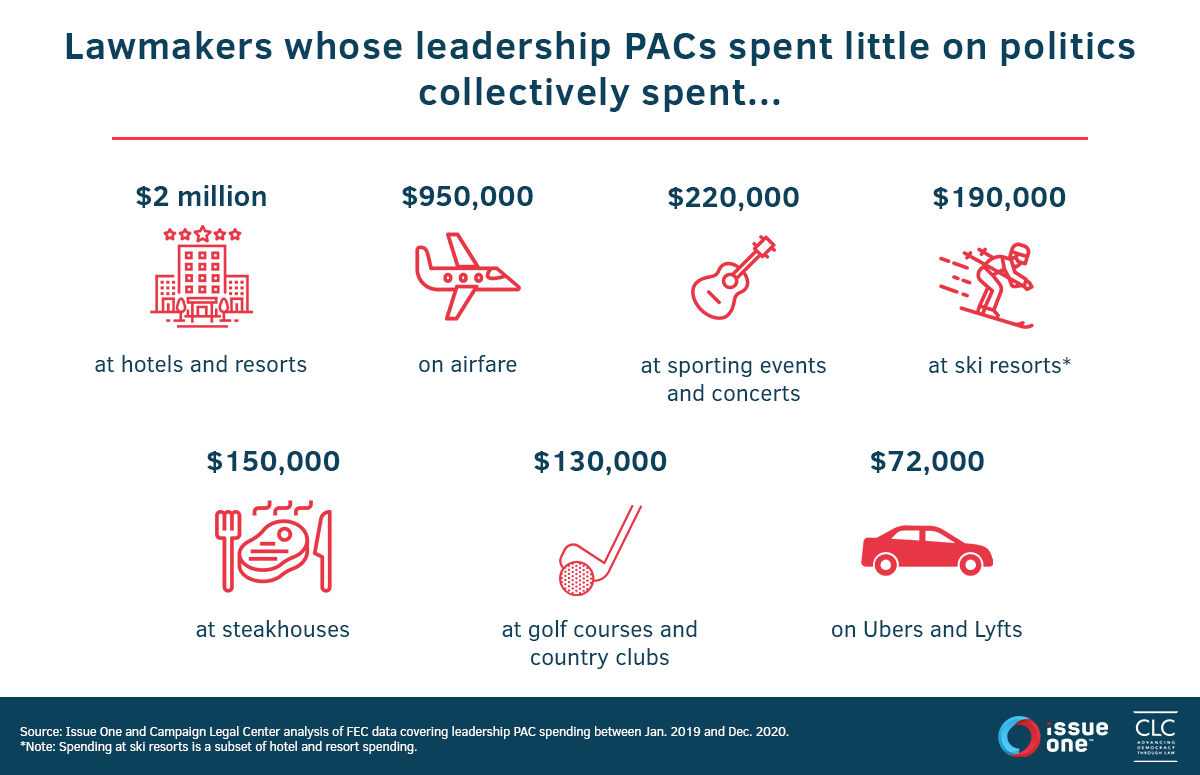Archived
Reform in the States: A Roundup
This is part of a series examining ethics, transparency and campaign finance proposals in the states. Washington, D.C. is the only place in the country where money-in-politics reform is a tough sell.…
Archived
So now you want the FEC to work, Donald McGahn? It’s a little too late.
Yesterday, Donald Trump’s top political attorney and former Federal Election Commission Chair Donald McGahn spit fire at a super PAC that has raised $1 million by promising donors they could win dinner with the Republican nominee, according to Politico. The PAC is not connected with the Trump campaign.
From the story: “You are knowingly defrauding every person who gives you his or her email address or who makes a donation through your unauthorized website,” reads a letter from Trump’s campaign attorney, Donald McGahn, to the super PAC.
In its letter to the FEC, Trump’s campaign said it was “concerned about the likelihood of confusion among the public” because of the super PAC’s use of “Trump’s name, image, likeness, or slogans in connection with soliciting contributions and conducting other activities.”
But there’s something deeply ironic about the Trump campaign asking the FEC enforce the law— the fault for the gridlock and inaction at the FEC, and the poor state of enforcement in our modern campaign finance system, begins with McGahn. He’s suffering from consequences from his own tenure at the agency, working under a system he helped bring to fruition.
“He neutered the very agency he’s pleading for help from,” said Nick Penniman, executive director of Issue One.
Donald McGahn served as FEC chair from 2008 to 2013, and more than one news organization has tracked his rise through the Republican party ranks, and his distaste for the FEC’s role in enforcing campaign finance laws. His impact on the agency he helped chair was, by all accounts, to cripple its ability to enforce even the most toothless legislation.
But it gets worse — Donald Trump still lacks a coherent campaign finance platform to reduce the influence of special interests and money in our elections. For as much as he rails against donors and lobbyists controlling candidates, he hasn’t put forth a single policy proposal to fix the system he criticizes. Trump’s lack of substance on this topic is probably not a coincidence, given McGahn’s ideological opposition to campaign finance law.
So which is it, Mr. McGahn — do you want the FEC to make sure candidates and outside groups play by common-sense rules, or would you rather let donors get fleeced by scam PACs?
Issue: Federal Election Commission
Archived
This is part of a series examining ethics, transparency and campaign finance proposals in the states. Washington, D.C. is the only place in the country where money-in-politics reform is a tough sell.…
Archived
It’s no secret that campaigns are big money-makers. The 2012 election, the most expensive in history, cost over $7 billion — that’s a lot of buttons and yard signs. Through…
Archived
According to a recent New York Times/CBS News poll, Americans across the political spectrum are concerned about the influence of money in politics. 85% of respondents, including 81% of Republicans,…

